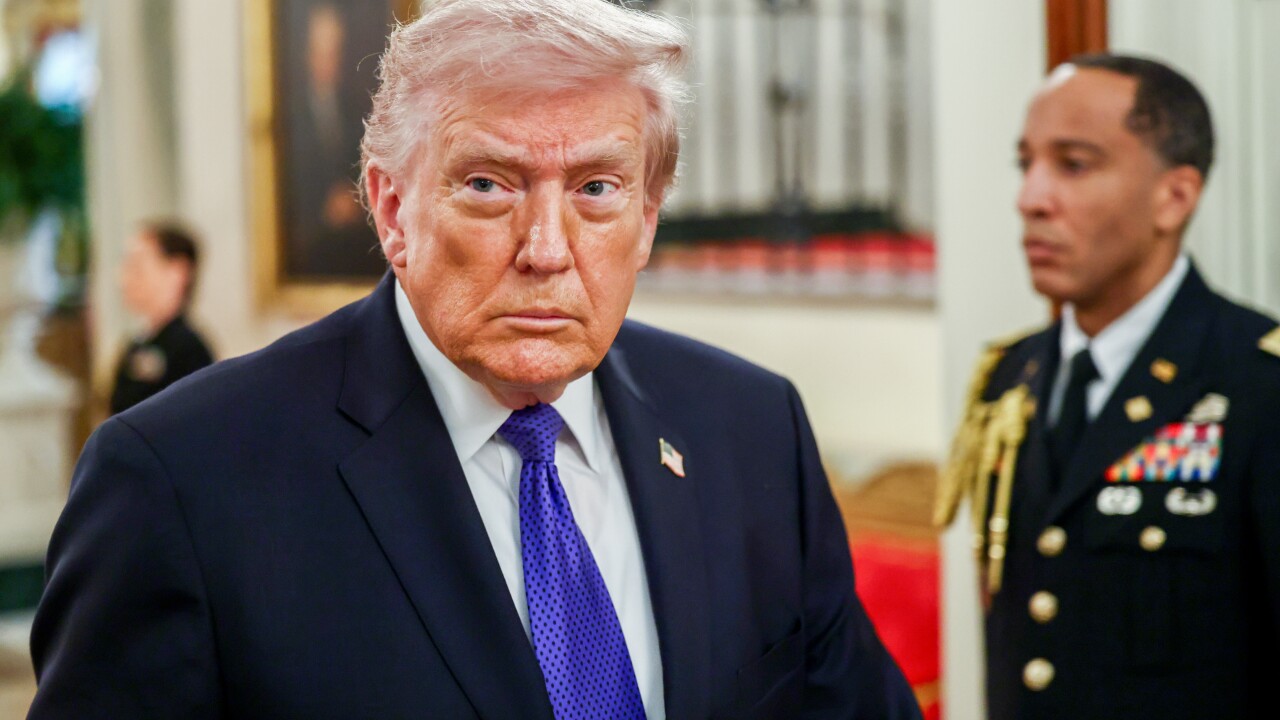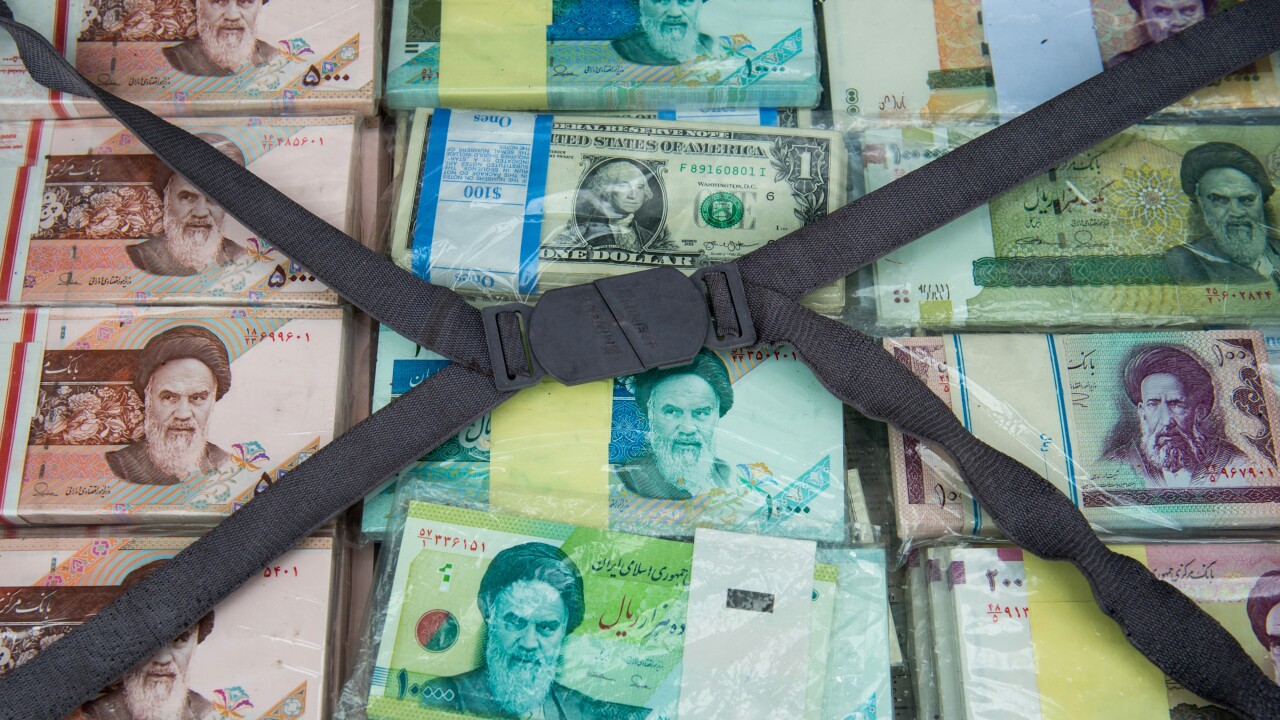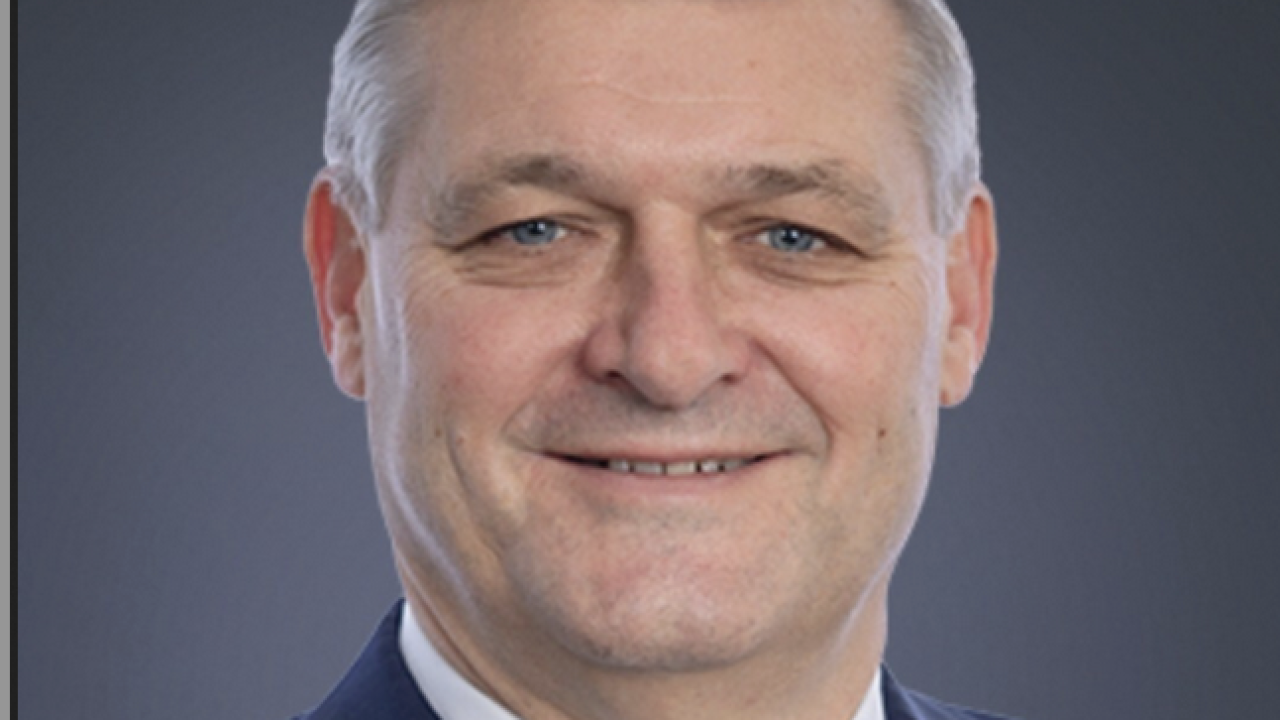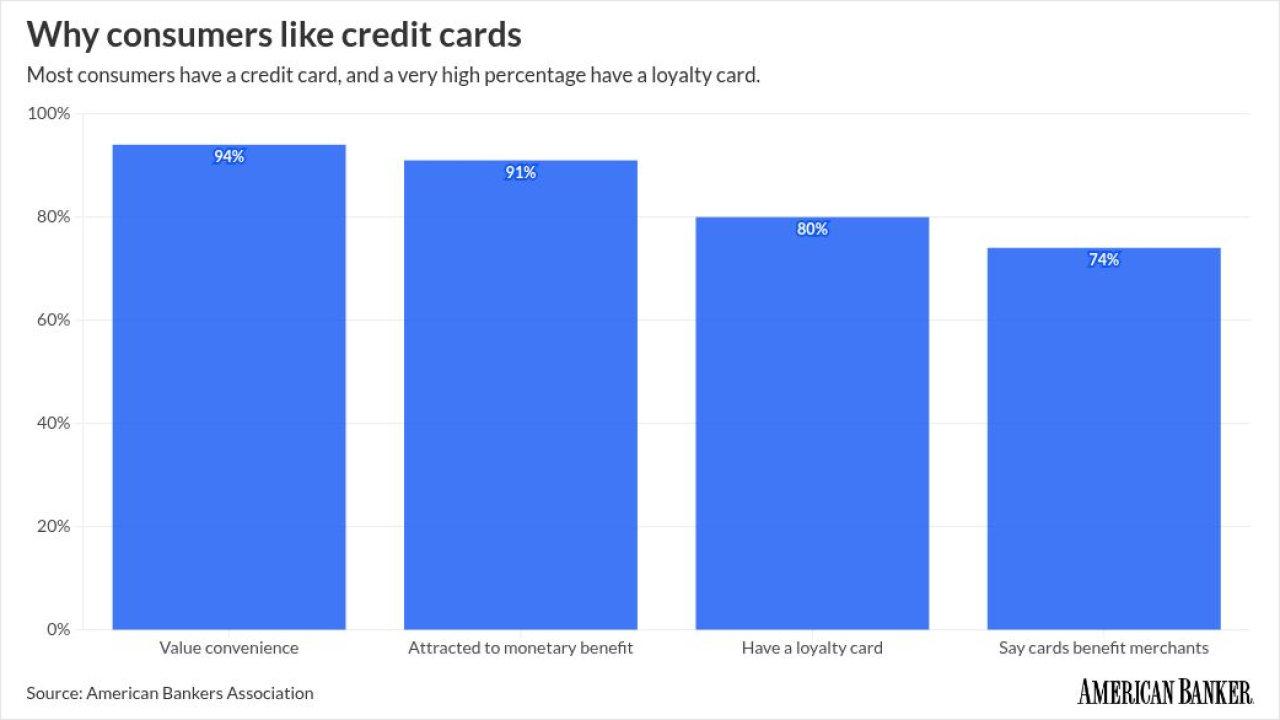WASHINGTON — The coronavirus crisis has the potential to flip the narrative for banks and improve the industry's reputation that has suffered greatly since the 2008 financial crisis, said Citigroup Chairman John Dugan.
The COVID-19 pandemic has forced banks to build up their loan-loss reserves in anticipation of borrowers potentially defaulting on loans as the economy has effectively shut down in most states. But Dugan said in a recent podcast that unlike with the 2008-10 mortgage meltdown, when the financial system was the source of economic stress, this time around banks have the resources to be part of the solution.
Congress and the Federal Reserve have given financial institutions a key role in distributing relief through government stimulus initiatives such as the Paycheck Protection Program and the Main Street Lending Program.
"In some ways, this crisis, the pandemic crisis, is an opportunity for banks to change the narrative. I think if they handle this well, they can get to the other side and point to a real-world stress test that they passed,” said Dugan, who also served as comptroller of the currency from 2005 to 2010, on a recent episode of the "
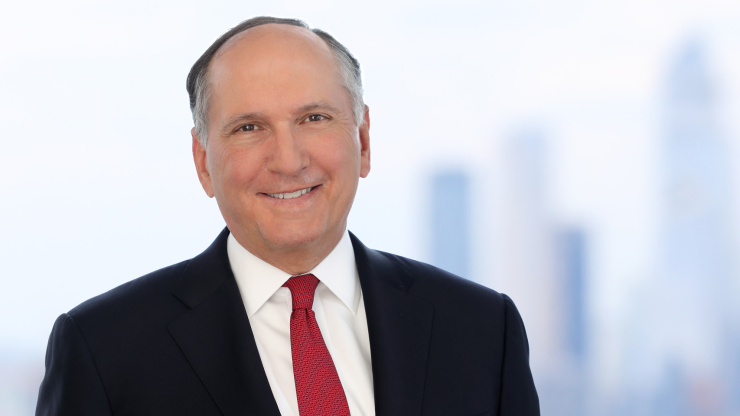
Such an outcome might mean “people don't feel so skeptical and critical of banks all the time,” he said.
Alhough some banks received negative attention after the launch of the Small Business Administration’s Paycheck Protection Program for catering to their wealthier clients and providing loans to big-name companies, the industry's effort to get money in the hands of business customers in record time was “extraordinary,” said Dugan.
He was interviewed by Barbara Rehm, senior managing director at Promontory and a former editor-in-chief of American Banker.
“The government was leaning on [banks] to be a transmission mechanism” for PPP, said Dugan. “They stepped up to do it. It should be a successful story, but it's played out in the press in kind of a negative way. And that's the challenge banks have, but over the course of the crisis I think they have a chance to turn that perception around.”
While the PPP was envisioned as a solution for small businesses suffering in the pandemic, the Fed's Main Street Lending Program is intended to help more middle-market firms. It will make loans of at least $500,000 available to businesses with up to 15,000 employees or $5 billion in annual revenue.
Even though the MSLP is not yet up and running, Dugan said he is confident that banks will participate in it to provide relief for midsize firms.
“These are customers that they've been dealing with a lot and they'd like to make loans to them,” he said.
Some have expressed concern that banks might not get involved with the Fed program because they will have to retain some of the risk associated with loans. But because the Fed will purchase either 95% or 85% of a Main Street loan, the risk is diminished for the originating lender, said Dugan.
Still, credit risk overall should be a point of emphasis for financial institutions as they try to navigate the current economic crisis, Dugan said.
Banks must “demonstrate to the world that they have been prudent in the loans and credit extensions that they put on the books going into this crisis and that they manage those as they go through the crisis in a way that gets them to the other side in a strong position,” he said.
Although today’s banks have higher levels of capital and liquidity compared to before the 2008 financial crisis, the coronavirus is the first real test of the post-crisis regulatory regime.
Dugan suggested that how banks fare in the current crisis could determine whether policymakers make any changes to the regulatory regime after the pandemic ends.
“Now the next question then is, how big is the problem in the economy that spills back to the banks? And are the resources, the loss-absorbing resources, that the banks have enough?” he said. “And are they going to manage that effectively to get through the crisis to the other side?
“I think if they do, I think it will go a long way to convincing people that regulation does not need to increase and it's okay in certain places to adjust regulation ... and have a lighter hand in places where it may have gone too far in the past.”
But if banks encounter difficulties or require taxpayer assistance, it could “pour gasoline on the fire of people who still think that there ought to be more regulation coming,” he said.
Dugan noted that any future regulatory changes also depend in part on the political winds.
“Of course, all of this will be influenced by the election, and what kind of regulators go in and who's appointed to the new jobs as a result of the election, so I think it's really quite uncertain,” he said.
